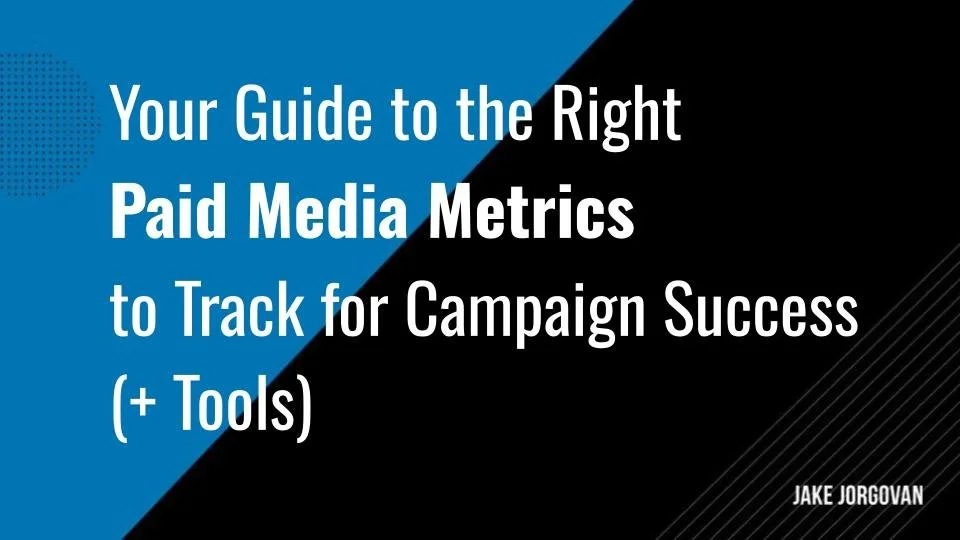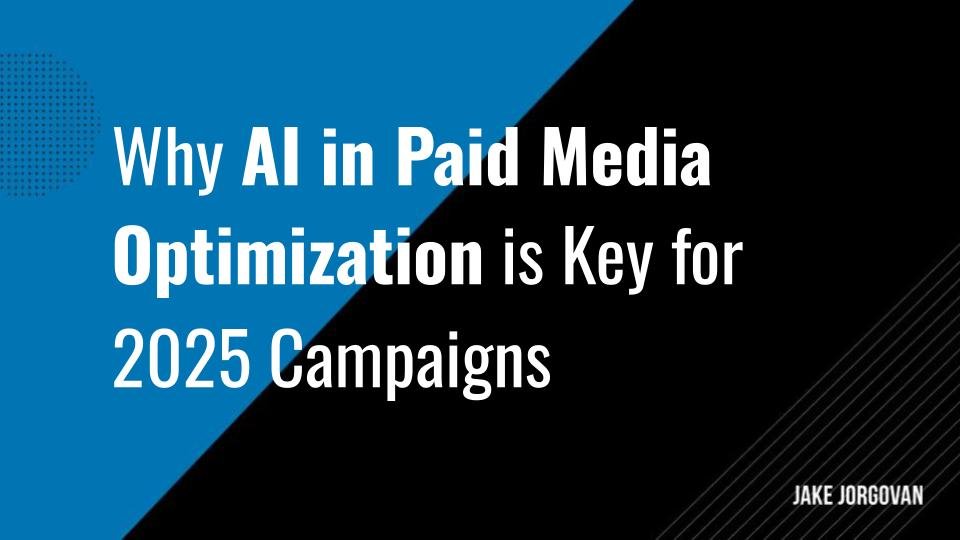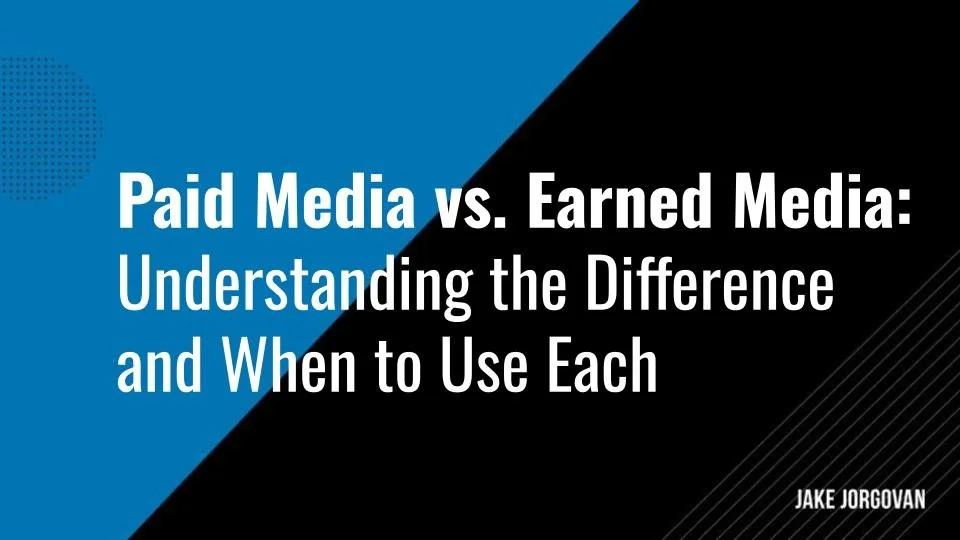White Label SEO: What It Is, Why Use It & MORE for 2025
If you want to expand your agency’s services with SEO, this usually means taking on new challenges.
But building a team, managing projects, and mastering new skills can be time-consuming.
That’s where white-label SEO comes in.
It lets you offer professional SEO services without handling the work yourself. You focus on client relationships and strategy, while your white-label partner delivers the results.
This guide will break down what white-label SEO is and why it can be a game-changer for growing your business.
We’ll also discuss the services you can expect, how to choose a white-label SEO provider, and how much that costs.
Let’s begin.
What Is White Label SEO?
White-label SEO, also known as private-label SEO, is when an agency provides SEO services that another company rebrands as its own. It allows businesses to offer SEO solutions to their clients without building an in-house team or developing the expertise themselves.
Basically, the white-label provider handles the technical work and the agency then presents these services to their clients under their own branding.
Why Use White Label SEO ?
White-label SEO offers several strategic advantages, especially for agencies looking to scale efficiently. Here’s why it can be a game-changer:
Expand service offerings without the overhead: Building an in-house SEO team requires time, money, and resources to hire and train staff. White-label SEO lets you offer these services immediately, helping you meet client demand and expand your revenue streams without the need for upfront investment in new hires.
Focus on core competencies: If your agency excels at content creation or paid media but lacks deep SEO expertise, partnering with a white-label provider lets you focus on what you do best. The provider handles the technical SEO work, while you maintain the client relationship, strategy, and project management.
Improve client retention: Offering a full suite of services, including SEO, means clients are less likely to look elsewhere for solutions. By offering white-label SEO, you become a one-stop shop for your clients, making it easier to retain them long-term. A McKinsey survey found that over 25% of total revenue and profits in various industries are derived from the launch of new products and services.
Scalable growth: As your agency takes on more clients, scaling SEO services internally can become challenging. With a white-label partner, you can easily handle multiple projects without stretching your resources thin. This allows you to grow your client base while maintaining a high level of service quality.
Access to expertise and tools: SEO requires specialized knowledge and tools like Ahrefs, SEMrush, and Google Analytics. Partnering with a white-label SEO provider means you gain access to this expertise without having to invest in costly software and training. This ensures that your clients receive high-quality SEO results, without the expense of maintaining the infrastructure yourself.
What are White Label SEO Services?
White Label SEO services encompass a range of activities provided by an SEO agency that another company rebrands and offers to its clients.
These services cover all aspects of SEO, from technical audits to link building, and can be customized to meet the specific needs of the reselling agency’s clients.
Here’s a breakdown of the most common white-label SEO services:
1. Keyword Research
Identifying the right keywords is crucial for effective SEO.
White-label SEO companies will conduct comprehensive keyword research to find terms that will drive relevant traffic to your clients’ sites.
They use advanced tools like Ahrefs and SEMrush to find long-tail keywords, search volumes, and competitive data, ensuring that the chosen terms align with the client’s goals.
2. On-Page SEO Optimization
This includes optimizing web pages for specific keywords, improving meta tags, headers, and ensuring content aligns with best practices for search engines. It also involves optimizing images, improving internal linking structures, and enhancing the overall readability of content.
3. Technical SEO Audits
A technical SEO audit helps identify and fix issues that can hinder a website’s search performance, such as broken links, slow load speeds, and crawlability issues. White-label providers conduct these audits and provide detailed reports, using tools like Screaming Frog and Google Search Console.
4. Content Creation and Optimization
Quality content is the backbone of SEO. Many white-label SEO providers offer content creation services, such as blog posts, landing pages, and website copy writing. They ensure the content is optimized for keywords and user intent, helping clients rank higher in search results.
5. Link Building
Backlinks are a key factor in improving search engine rankings. White-label providers build quality links through strategies like guest posting, content outreach, and local citations. They focus on earning links from authoritative websites that align with the client’s industry, improving their domain authority.
How to Pick a White Label SEO Provider
Choosing the right white-label SEO partner equals delivering quality results to your clients and maintaining your agency’s reputation. Here are five factors to consider when selecting a provider, along with actionable insights to guide your decision:
1. Quality of Services
Assess the provider’s expertise and track record in delivering results. Look for case studies and client testimonials that showcase their ability to achieve rankings, improve traffic, and boost conversions. Ask for sample reports and examples of their keyword research, on-page optimization, and technical audits to gauge the quality of their work.
Like so:
Pro tip: Request a sample audit or a trial project to see their process in action before committing to a long-term partnership. This will give you a sense of their communication style, turnaround time, and attention to detail.
2. Scalability and Flexibility
Your chosen provider should be able to handle the varying demands of your client base, from small businesses to larger enterprises. Ensure they have a structure that allows for scaling services as your client list grows. They should also offer customizable services, allowing you to adjust packages based on each client’s unique needs.
Pro tip: Ask about their ability to take on larger projects or sudden increases in workload. A good question to pose might be, “How do you handle surges in demand, such as taking on 10 new clients in a month?”
3. Transparency and Communication
Transparency is key in any white-label relationship. The provider should offer clear reporting on their activities, from backlinks built to keyword rankings and traffic changes. Ensure they offer regular updates and are available for calls or meetings to address any questions.
Pro tip: Look for providers who offer branded reporting tools, such as AgencyAnalytics or ReportGarden, allowing you to deliver detailed, white-labeled reports directly to your clients. This helps maintain a consistent client experience and builds trust.
4. Pricing Structure
Understand the provider’s pricing structure and how it aligns with your business model. Look for providers who offer competitive pricing that allows you to maintain healthy profit margins while delivering value to clients. Compare pricing packages, including project-based, hourly, or retainer-based models.
Pro tip: Request a pricing breakdown for different service tiers, such as monthly SEO services, one-time audits, or specific tasks like link building. This helps you understand where you can upsell services or bundle offerings for your clients.
5. Focus on Results, Not Just Activity
Many providers can execute tasks, but you want one that’s focused on achieving results that matter to your clients—like improved rankings, increased organic traffic, and lower bounce rates. Look for a provider who emphasizes outcomes and can show how their efforts have translated into tangible benefits for clients.
Pro tip: Ask potential providers about their approach to setting KPIs and tracking success. For example, “What metrics do you use to measure the success of a link-building campaign?” Their answer will help you gauge whether they prioritize outcomes that align with your clients’ business goals.
White Label SEO Pricing
Pricing for white-label SEO services can vary widely depending on the scope of services, provider expertise, and market demands. Understanding the common pricing models can help you choose a plan that fits your agency’s needs and allows for healthy margins when reselling these services to your clients. Here are some common pricing structures you might encounter:
Project-Based Pricing
In a project-based model, you pay a fixed fee for a specific set of deliverables, such as an SEO audit, on-page optimization, or link-building campaign.
This is ideal for agencies that need help with a particular aspect of SEO or want to add one-off services to their offerings.
Typical Range: $500 to $5,000 per project, depending on the complexity.
Pros: Great for flexibility; you only pay for what you need.
Cons: Costs can add up if you need ongoing services.
Monthly Retainer Pricing
A monthly retainer is a common model where you pay a fixed monthly fee for a bundle of services, including keyword research, content creation, and ongoing SEO management. This model works well if you have clients who require continuous optimization.
Typical Range: $1,000 to $10,000+ per month, based on the services provided and the number of keywords targeted.
Pros: Predictable costs and consistent support from the provider.
Cons: Requires a commitment and may not be ideal for agencies with fluctuating client needs.
Hourly Pricing
Some white-label SEO providers charge by the hour for tasks like consulting, audits, or specialized work. This model can be useful if you need occasional expert guidance or help with a specific task.
Typical Range: $50 to $200 per hour, depending on the provider’s expertise.
Pros: Pay for precisely what you need without long-term commitments.
Cons: Costs can become unpredictable, making it harder to maintain consistent margins.
Per Service Pricing
In this model, each SEO service is priced individually, allowing you to pay for exactly what you need. For example, you might pay separately for a technical audit, a link-building campaign, or a keyword research report.
Typical Range: $100 to $500 per service for smaller tasks; $1,000+ for larger ones.
Pros: Ideal for agencies that want to build customized packages for clients.
Cons: Managing multiple small transactions can be time-consuming.
Performance-Based Pricing
Some white-label providers offer performance-based pricing, where you pay based on specific results, like ranking improvements or increased organic traffic. While less common, this model aligns costs directly with outcomes.
Typical Range: Varies significantly, usually with a base fee plus bonuses for meeting performance targets.
Pros: Reduced risk since you pay for results.
Cons: Providers may focus on “easy wins” rather than long-term strategies.
How Do You Resell White Label SEO?
Reselling white-label SEO involves offering the services of a third-party provider under your own brand to your clients.
Here’s a step-by-step guide to effectively resell white-label SEO and ensure you maximize your profit margins while delivering value to your clients:
Step 1: Choose the Right Provider
The success of your reselling efforts depends heavily on the quality of the white-label provider you partner with. Look for a provider that aligns with your agency’s standards, has a proven track record, and offers the services your clients need.
Pro tip: Test the provider with a smaller project or a trial period before offering their services to all clients. This allows you to gauge their quality and adjust your pricing accordingly.
Step 2: Create Customized SEO Packages
Rather than reselling a standard package directly from your provider, consider bundling services in a way that fits your clients' unique needs. For example, offer different tiers of SEO packages such as “Basic,” “Advanced,” and “Premium,” each with a different level of keyword targeting, content creation, and link building.
Pro tip: Use your provider’s per-service pricing to create these packages and ensure each tier maintains a healthy profit margin. Aim for a 30-50% markup to account for your management time and client servicing.
Step 3: Rebrand and Market the Services
Present the white-label services as your own by rebranding all reports, communication, and deliverables. Tools like AgencyAnalytics allow you to create branded reports that match your agency’s look and feel. This ensures a seamless client experience, where your clients see you as the expert providing the service.
Pro tip: Create a dedicated page on your website that outlines your SEO services, emphasizing the benefits and results clients can expect. Use testimonials and case studies to build trust, even if the work is done by your white-label partner.
Step 4: Set Client Expectations
Being clear about timelines, expected outcomes, and the scope of work is crucial to avoiding misunderstandings. Since you are the main point of contact for your clients, it’s your responsibility to communicate what the white-label provider can realistically deliver.
Pro tip: Use a standard onboarding process with new clients, where you outline the phases of SEO work, from initial audits to keyword research and ongoing optimization. This helps manage client expectations and ensures a smooth workflow.
Step 5: Monitor and Optimize Performance
Continuously track the performance of your SEO services using reports from your white-label provider. Keep an eye on key metrics like keyword rankings, organic traffic growth, and conversion rates. This allows you to identify areas for improvement and communicate results to clients effectively.
Pro tip: Schedule monthly or quarterly performance review meetings with your white-label provider. Discuss what’s working, what isn’t, and how to adjust the strategy. This helps maintain high-quality results and shows clients that you are actively working to improve their SEO.
Conclusion: Skyrocket Your ROI with White Label SEO
White-label SEO is more than just a shortcut for agencies—it’s a strategic partnership that enables growth, efficiency, and scalability.
By leveraging the expertise of a dedicated SEO provider, you can expand your service offerings, reduce customer acquisition costs, and maintain a high standard of service without the overhead of building an in-house team.
Whether you’re a digital marketing agency looking to diversify or a web design firm wanting to add SEO to your portfolio, white-label SEO offers a path to sustainable growth.
Choose the right partner, tailor services to your clients' needs, and watch your business reach new heights.
FAQ
What is white label SEO?
White-label SEO is a service where an agency provides SEO solutions that another company rebrands and offers as its own. The SEO provider handles tasks such as keyword research, on-page optimization, link building, and reporting, while the reselling company focuses on client relations and strategic oversight. This allows agencies to offer SEO services without building in-house expertise.
How much does white label SEO cost?
The cost of white-label SEO varies based on the provider, the services included, and the complexity of the projects. Common pricing models include monthly retainers (ranging from $1,000 to $10,000+), project-based fees ($500 to $5,000), or per-service pricing ($100 to $500 per task). The right model depends on your client needs and the scope of work.
What is a white label marketing example?
A white-label marketing example could be a digital marketing agency offering SEO services that are fulfilled by a white-label provider. For instance, a social media agency might resell white-label SEO services under their own brand, managing client communication while the white-label partner handles the technical SEO work.
Is white label legal?
Yes, white-label services are entirely legal. The practice involves a mutual agreement between a service provider and a reseller, where the provider delivers services under the reseller's brand. It’s a common practice in many industries, including digital marketing, software, and consumer goods, and is usually governed by contracts to ensure transparency and quality control.
Is white label profitable?
White-label SEO can be highly profitable for agencies because it allows them to offer a broader range of services without the costs associated with hiring and training an in-house team. By marking up the white-label provider’s fees, agencies can maintain healthy profit margins, usually ranging from 30-50% per project. The scalability of white-label SEO also means that as you gain more clients, your potential profit increases.
Who uses white label SEO?
White-label SEO is used by a variety of businesses, including digital marketing agencies, web design firms, advertising companies, and IT service providers. It’s especially popular among smaller agencies that want to offer SEO services but lack the in-house expertise or resources to do so. It’s also a good fit for agencies looking to scale quickly without investing in new staff.
What sort of ROI can I expect from white label SEO?
The ROI from white-label SEO can vary based on factors like the quality of the provider, client retention, and the effectiveness of the SEO strategy. Agencies that use white-label services usually see an increase in client retention due to the ability to offer a full suite of services. And 5% increase in customer retention means at least 25% more ROI.
More about SEO:






















![Top 22 Paid Media Agencies to Work With in 2025 [Updated in March]](https://images.squarespace-cdn.com/content/v1/50baa49de4b0e51d69257e33/1705515561307-56Z45GN80B4L6J77ELDR/Top+12+Paid+Media+Agencies+to+Work+With+in+2024+%5BUpdated%5D.jpg)











